Warnings about overvaluation of AI stocks
Despite economic and trade turmoil, U.S. stocks have been on a strong run this year, with the main driver being stocks linked to artificial intelligence (AI). Tech companies are pouring hundreds of billions of dollars into AI chips, computing power, data centers, and other infrastructure in a race to deploy the technology that promises to deliver huge productivity gains. And those expectations and the wave of spending have helped fuel a continued rally in U.S. stocks, with the tech-heavy Nasdaq up about 19% since the start of the year.
However, despite the boom in investment and record-breaking stock markets, many have pointed out that the promised benefits of AI have yet to materialize in the economy, raising concerns that the boom could be as risky as the dot-com bubble of 2000.
This sentiment is becoming more widespread among investors. According to a survey recently released by Bank of America, 54% of asset managers believe that AI-related stocks are in a bubble. Concerns about overvaluation of tech stocks also peaked in the latest survey, echoing warnings from many organizations.
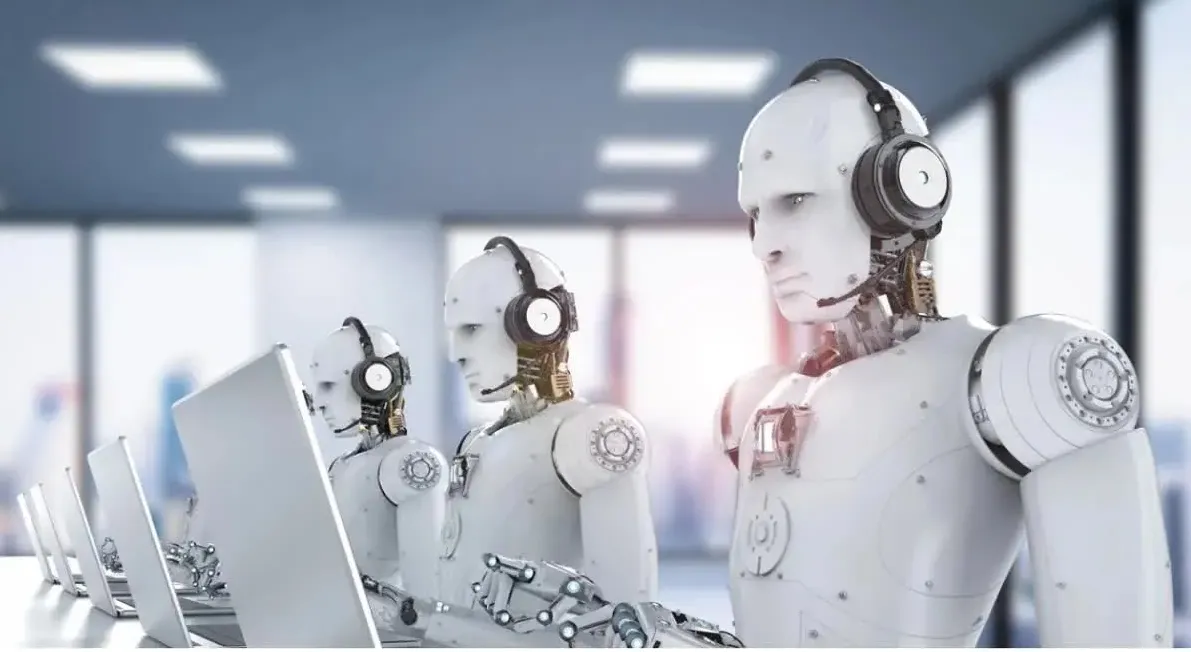
Tech companies are pouring hundreds of billions of dollars into AI chips, computing power, data centers and other infrastructure. Illustration photo.
In its October update of the Global Economic Prospects, the International Monetary Fund (IMF) highlighted the potential of AI for the global economy in the medium and long term. However, along with that, the financial volatility from the wave of investments related to this field is also an acknowledged problem.
Ms. Petya Koeva Brooks - Deputy Director of the Research Department, International Monetary Fund (IMF) commented: "In the short term, the amount of capital invested in AI is very large and stock market valuations have increased sharply. Therefore, there will be a risk of adjustment or reversal in some areas in the near future and we see this quite similar to the previous dotcom bubble period".
This assessment by the IMF is quite similar to the new assessment from the Bank of England (BOE). According to BOE, the valuation of AI-related companies' stocks is at a relatively high level, leading to increased risks of a sharp correction in the market in the coming period. This is considered a risk to the UK economy - home to the international financial center of London and can also create a chain effect with other major financial markets.
In the US, the US Federal Reserve (Fed) is also said to be closely monitoring the impact of the AI wave on financial markets. At a conference in Rhode Island last month, Fed Chairman Jerome Powell agreed that the market has a higher risk tolerance than before, helping to promote the price increase.
"If you look at the market, some stocks are quite high compared to their historical prices," said Jerome Powell, Chairman of the US Federal Reserve. "Stocks have historically been cyclical. We don't judge what the right price is for a particular type of financial asset. However, it is true that stocks are high on many measures."
Despite their cautious stance on the AI wave, experts note that the risks from this wave are not as high as those of the dotcom bubble. For example, according to IMF data, the proportion of total AI investment in the US GDP is currently only 0.4%, only 1/3 of the level of the dotcom bubble period from 1995 to 2000. In addition, the leverage ratio for AI stock investment is still low, so the risk of widespread impact on the system is also smaller.
Market cautiously optimistic on AI stock outlook
However, besides warnings about risks, many other opinions on Wall Street say that it is still too early to worry about an AI stock bubble.
According to Goldman Sachs, the billions of dollars spent on capital expenditures to build data centers are sustainable and AI applications can bring real economic benefits. The bank's experts expect that US companies can generate up to $8 trillion in new revenue thanks to AI, thereby ensuring a positive outlook for stock prices.
Asset managers’ equity holdings also reflect optimism, with investment in US stocks at an eight-month high. Overall, market sentiment is now both bullish on the long-term benefits of AI technology and seriously wary of the risk of a financial bubble in AI technology stocks.
Investors look for winning stocks
Many other opinions acknowledge the risk of a bubble, but at the same time believe that this is not a scary problem, but a "natural screening mechanism" that helps find companies that can win long-term in the field of AI technology.
According to the Financial Times, since the beginning of the year, US venture capital funds have poured $161 billion into AI technology. Most of these investments have been transferred to the top 10 AI startups, including names like OpenAI and Anthropic. This huge capital flow has pushed the valuation of the group of AI startups to nearly $1,000 billion, although all of them are still losing money.
Mr. Hemant Taneja - CEO, General Catalyst Venture Capital Fund assessed: "Of course there is a bubble, but it is not a serious problem. The bubble connects capital and talent in a new trend and that leads to some sharp corrections, causing damage, but it also creates new, sustainable and world- changing businesses.
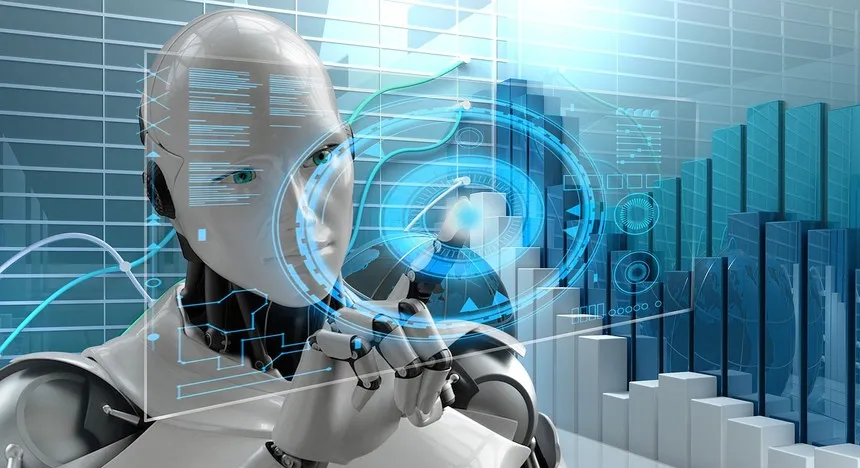
AI stocks have surged thanks to a wave of global investment, but many experts warn of the risk of a “bubble” when valuations far exceed reality. Illustrative photo.
Losses are inevitable when investing in new technologies, according to Salesforce CEO Marc Benioff. He estimates that $1 trillion in AI investment could go to waste, but the technology will ultimately deliver 10 times that amount in new value. Sam Altman, CEO of OpenAI, also argues that companies’ efforts to build artificial intelligence will yield huge benefits, even if some capital is misallocated along the way.
This view is also shared by the financial world. JPMorgan Chase CEO Jamie Dimon has compared AI technology to the internet, which led to the dotcom bubble in 2000 but ultimately had a huge positive impact on the economy and society.
"With AI, there's a lot of money being poured into it," said Jamie Dimon, CEO of JPMorgan Chase. "But in my view, AI is a real trend that will have long-term benefits overall - like cars or TVs before, where only a few companies succeed but society as a whole benefits. Think about the Internet bubble. There was a time when the world lost a trillion dollars. But then Google, Facebook, YouTube, Microsoft emerged - companies that created huge value for the world."
Source: https://vtv.vn/co-phieu-ai-co-hoi-lam-giau-hay-rui-ro-bong-bong-100251021112330484.htm



![[Photo] Prime Minister Pham Minh Chinh meets with Speaker of the Hungarian National Assembly Kover Laszlo](https://vphoto.vietnam.vn/thumb/1200x675/vietnam/resource/IMAGE/2025/10/20/1760970413415_dsc-8111-jpg.webp)
![[Photo] Da Nang residents "hunt for photos" of big waves at the mouth of the Han River](https://vphoto.vietnam.vn/thumb/1200x675/vietnam/resource/IMAGE/2025/10/21/1761043632309_ndo_br_11-jpg.webp)
![[Photo] Prime Minister Pham Minh Chinh received Mr. Yamamoto Ichita, Governor of Gunma Province (Japan)](https://vphoto.vietnam.vn/thumb/1200x675/vietnam/resource/IMAGE/2025/10/21/1761032833411_dsc-8867-jpg.webp)




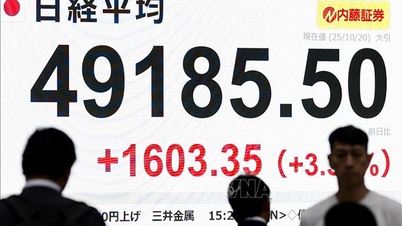

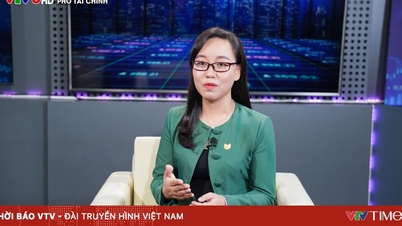
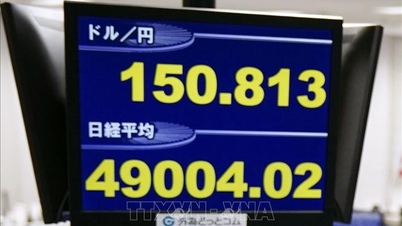
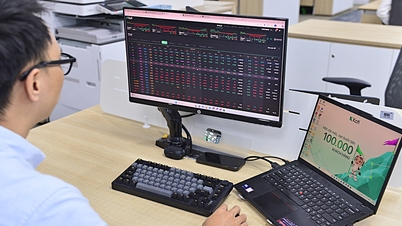


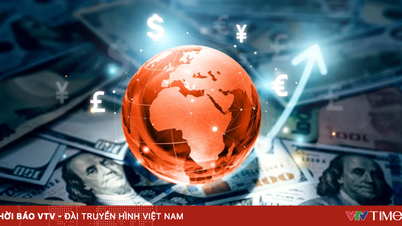



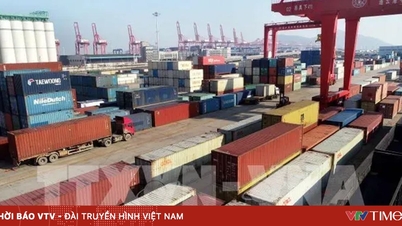

























































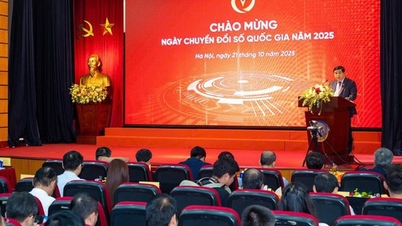


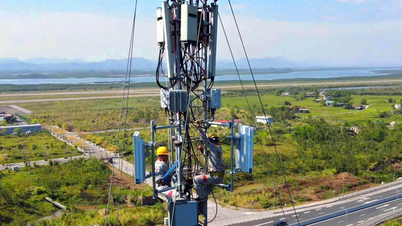

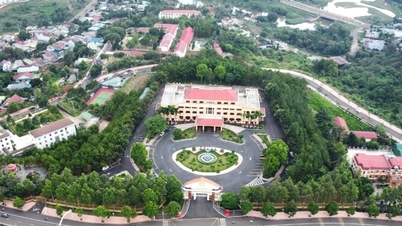

























Comment (0)